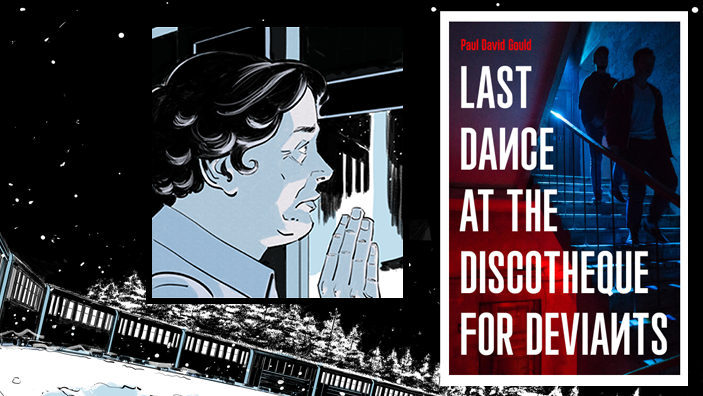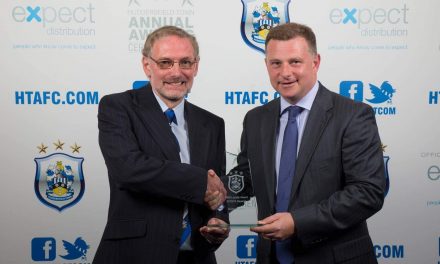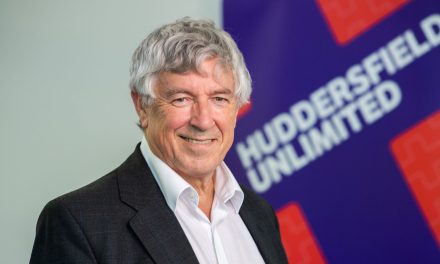A journalist from Huddersfield has just had his first novel published … and it couldn’t be more relevant to the world today.
Paul Gould’s gripping read, the wonderfully titled Last Dance at the Discotheque for Deviants, is a story of doomed same-sex love set in Russia in around 1990 when the world thought the Cold War had come to an end.
Paul, who lived in Russia for almost four years, says the ruthless Putin era and the invasion of Ukraine means the Cold War is back and more dangerous than ever.
Paul, 58, was born and brought up in Fartown and went to Birkby Junior School, Fartown High – now North Huddersfield Trust School – and Greenhead College where he excelled at languages, studying Spanish, French and English literature.
He then went to study Russian at the University of Birmingham, working at the Sainsbury’s store on Market Street in Huddersfield town centre during some of his university vacations.
After graduation with a first-class degree, Paul worked in Moscow for The Times, the American-owned United Press International and also in Riga, Latvia, for the English-language The Baltic Observer newspaper.
Paul is gay and his novel is set at the time when people in Russia thought they were on the verge of so many more freedoms … but it didn’t turn out that way.
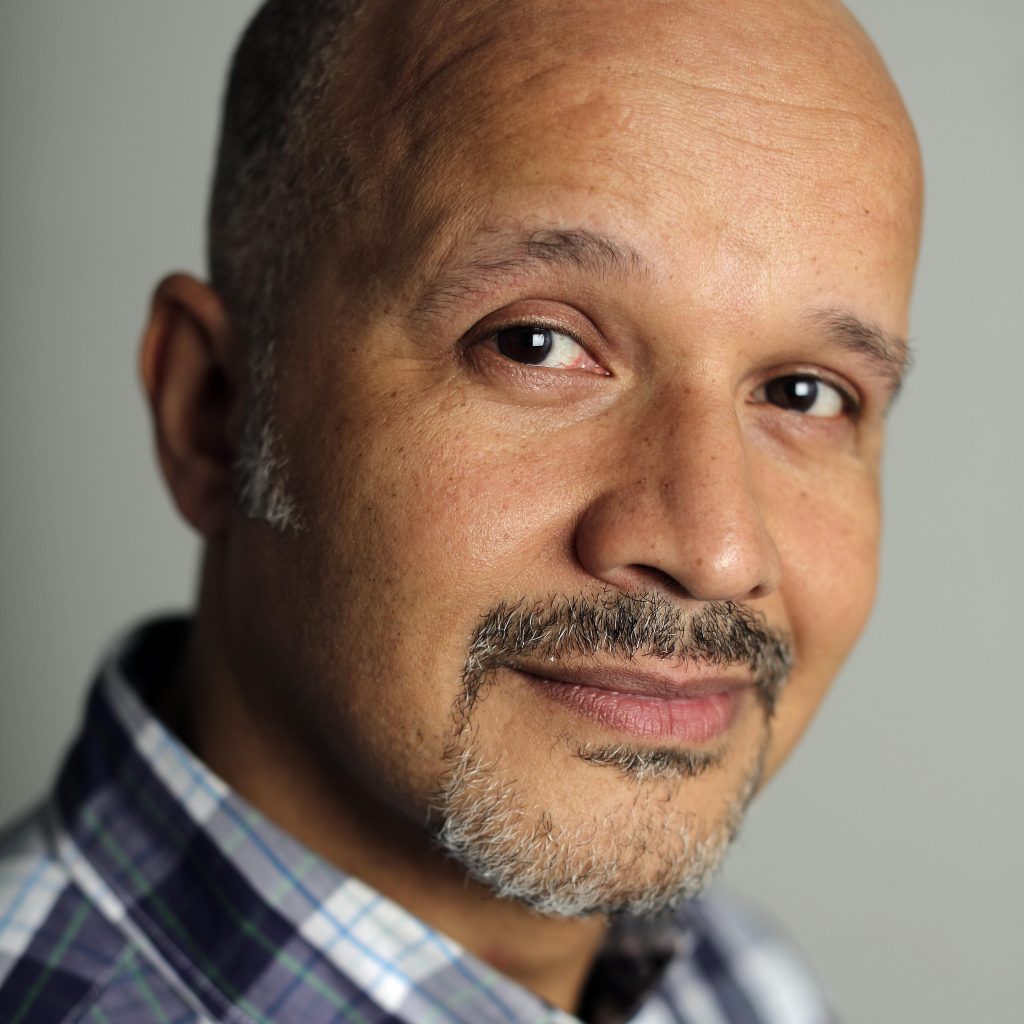
He said: “Gorbachev was the Russian leader and the world had become so excited by the Berlin Wall coming down in 1989 and the era of glasnost which promised increased openness and transparency in government and life in the Soviet Union.
“Last Dance is about a young Russian man called Kostya exploring this supposedly new society as he takes his first steps out of the closet, deciding that now is the time to embrace new freedoms and find a boyfriend.
“It’s all set against the backdrop of the collapse of the Soviet Union as we knew it although Kostya’s mother wants the old order to remain. The change brought big problems within Russia such as hyperinflation, instability and millions of people losing their jobs, with some facing destitution.
“That era paved the way for what’s happening now which is even worse than the old Soviet Union Cold War years. It’s now so much more dangerous with the ever-present threat of a widening conflict. In the 1960s and 70s people were worried about a nuclear war with Russia. That fear, I think, is even greater now.”
One reviewer called Paul’s novel a “deeply impressive debut,” adding: “It powerfully evokes the fear and brittle hope of queer lives lived on the streets of Yeltsin’s Russia.”
Paul’s experience of the gay scene in Moscow in the early 1990s is critical to the book – they often had to be pop-up clubs to stop the authorities from closing them down and gay people regularly faced intimidation and violence.
Paul now lives in Brighton and has been a sub-editor on the Financial Times for the last 25 years, mainly on its weekend Life & Arts section. He still has family in Huddersfield and was back in his home town in March to attend Huddersfield Literature Festival.
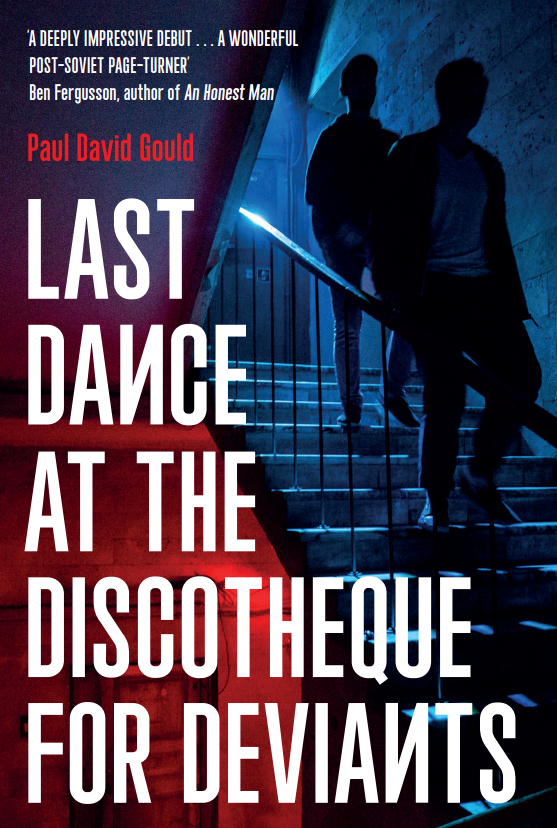
Paul lived on Hammond Street in Fartown and remembers it was tough growing up in Huddersfield in the 1970s due to his mixed-race heritage and sexuality.
“I knew I was gay but in my late teens I tried really hard to be one of the lads and chase girls but I just couldn’t,” he said. “Being gay is absolutely natural for me and was tough to deal with growing up.
“It was a difficult decision going to university as no-one in our family or where we lived went there. All I knew about university was watching University Challenge on TV and I had this image of a load of geeky toffs dressed in flapping gowns.
“Greenhead College was not just an education but an enriching experience that opened my eyes to life beyond the limitations usually expected of working-class kids.
“So I went to the University of Birmingham in 1984 and decided to study Russian as I had an aptitude for languages and at that time the Cold War was on our minds but I wanted to believe there was good in Russia. Gorbachev was allowing freedom of expression while forging friendships with world leaders such as Margaret Thatcher and Ronald Reagan, borders were coming down, disarmament was underway, political prisoners were set free and there was a genuinely optimistic feeling about Russia.
“People forget, but in 1996 there was even talk of Russia joining NATO.”
That’s all changed now and Paul’s last visit to Russia was in 2011.
“I can’t see myself ever going there again,” he said. “It just doesn’t feel safe and I’ve lost all hope in the country.”
Paul has put heart and soul into writing his first novel.
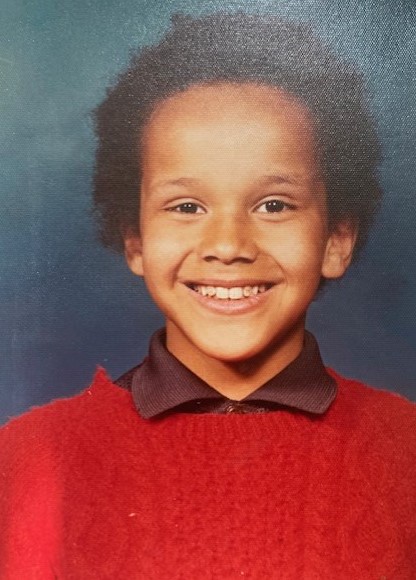
He said: “I’d spent 20 years talking about it but never got round to writing it and my husband eventually said ‘are you ever going to get round to writing this novel?’’’
Paul had the idea for the plot and characters and went on a writing course run by publishers Faber & Faber in London led by established novelists and people involved in the publishing industry.
He started the book in 2014 and it took two years to complete the first draft which he’s then rewritten several times, once cutting out 20,000 words. It’s been with an agent for a few years going through submissions and rejections but is now being published by Unbound.
Paul said: “Unbound has an imprint called Unbound Firsts which picks two writers of colour a year to publish. They also promote writers from working-class backgrounds.
“It’s wonderful to finally see my work in print. It’s been a long journey.”
To get the book go to https://unbound.com/books/last-dance-at-the-discotheque-for-deviants/
Contact Paul through his Twitter which is @paul_d_gould
This playlist is a soundtrack to some of the 1990s club hits that feature in the novel featuring the likes of Madonna, Adamski and Wham!
Written by ANDY HIRST who runs his own Yorkshire freelance journalism agency AH! PR (https://ah-pr.com/) specialising in press releases, blogging, website content and copywriting.


